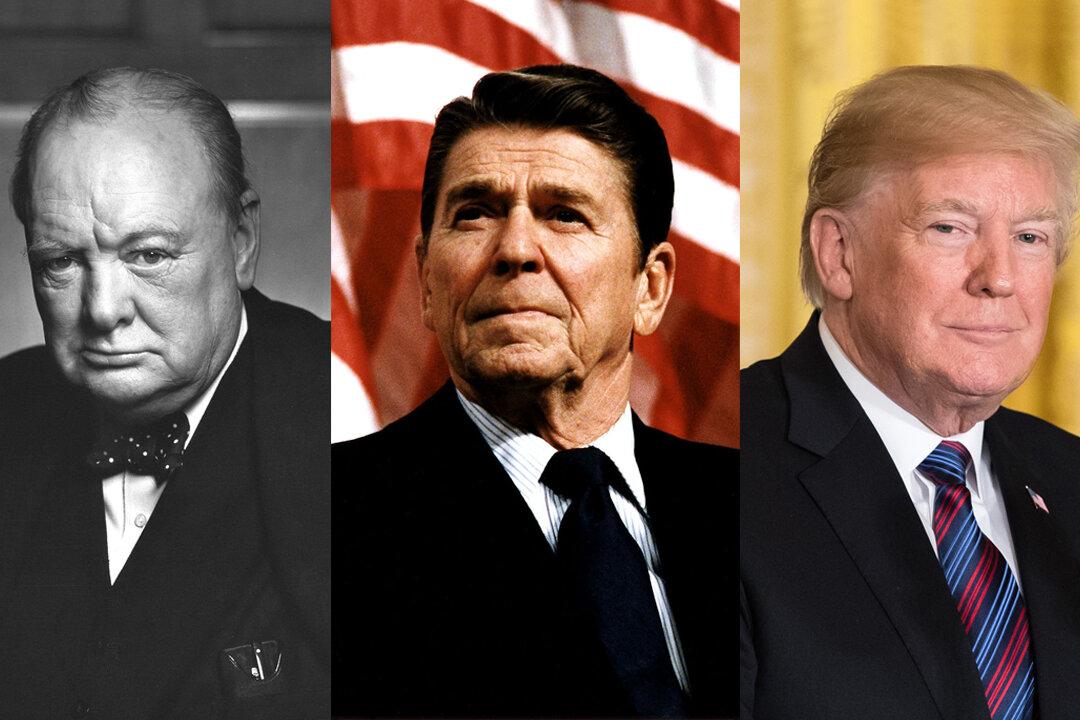Commentary
Over the course of history, and more emphatically, recent history, nations, in particular democracies, swing on the pendulum between idealism and realism.

Over the course of history, and more emphatically, recent history, nations, in particular democracies, swing on the pendulum between idealism and realism.